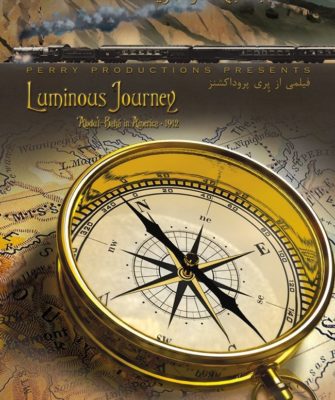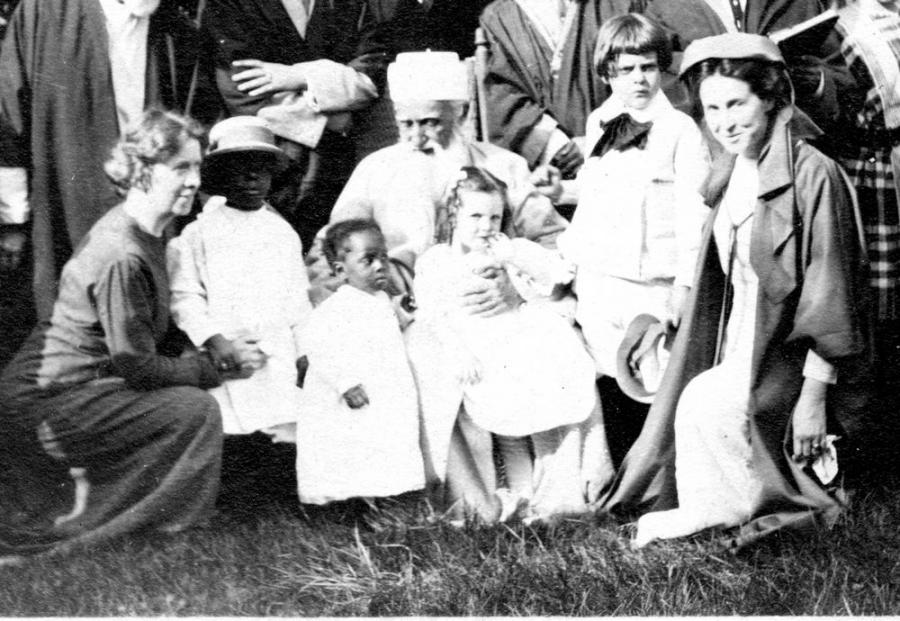



In 1912, ‘Abdu’l-Baha, the son of the founder of the Baha’i Faith, traveled from coast to coast across America after a lifetime of imprisonment and persecution. America was torn with racial division, and “separate but equal” was the highest level of interracial relations to which the nation aspired. ‘Abdu’l-Baha challenged America to go beyond tolerance, to embrace diversity completely, and to demolish racial barriers in law, education and even marriage.
He called on America to become a land of spiritual distinction and leadership and gave a powerful vision of America’s spiritual destiny — to lead the way in establishing the oneness of humanity.
‘Abdu’l-Baha demonstrated His vision of racial equality by bold and unconventional actions from His first days in America. In Washington, D.C., He set the tone at a luncheon in His honor on April 23, 1912, held at the home of a prominent Persian diplomat, who was also a Baha’i. ‘Abdu’l-Baha took His place, looking around the elegant dining room at the white faces, everyone seated according to rank and social position and in keeping with strict Washington social protocol. He stood up and asked his host, “Where is Mr. Gregory? Bring Mr. Gregory.” The embarrassed host had no choice but to hastily rearrange the place settings and make room for the extra guest, African-American attorney Louis Gregory, who had escorted ‘Abdu’l-Baha to the diplomat’s house from Howard University where He had just spoken. Mr. Gregory was quietly taking his leave. ‘Abdu’l-Baha insisted that he join the party and occupy the honored place to His right at the head of the table. Thus, in a single stroke, ‘Abdu’l-Baha defied Washington protocol and swept aside the practice of segregation by race and categorization by social rank, setting a powerful example, and challenging the customs of the deeply divided capital city. Throughout His U.S. visit, ‘Abdu’l-Baha insisted that every venue where He spoke be open to people of all races.
Agnes Parson noted in her diary, “As part of the American South, Washington, D.C. was also a city in which racial segregation was a fact of life, and it was on the issue of racial equality that ‘Abdu’l-Baha was most uncompromising during his visit to America.” (Agnes Parson’s Diary, ©1996, Kalimát Press, Footnote #15)


![]()
![]()
Whether you are exploring the Bahá'í Faith or looking to become an active member, there are various ways you can connect with our community.
Please ensure that all the Required Fields* are completed before submitting.